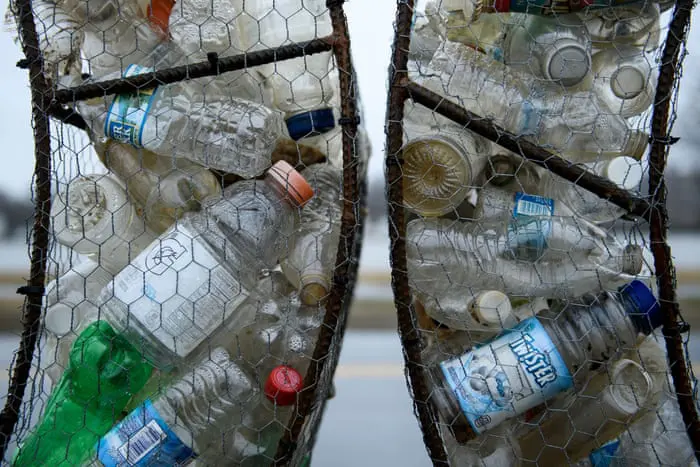Delays in amending waste shipment rules is hitting EU exports to non-OECD countries.
Plastic scrap trade from Europe to non-OECD countries has remained uncertain since the start of the year and the introduction of new Basel Convention rules. The export to a non-OECD country of sorted clean plastic waste that comes into the category of B3011 has to be approved in advance by the importing authorities. The European Commission sent diplomatic communications to every non-OECD country to assess views on approving the shipment of plastic scrap from Europe on a collective rather than individual basis.
Many countries such as Vietnam, Malaysia and Indonesia replied saying they already had import control systems in place. This meant that importers with valid licences could import from Europe sorted plastic waste that falls under category B3011. However, not all countries have replied, so responses have yet to be compiled and circulated by Commission which would then amend waste shipment rule (WSR) 1418/2007.
The rule establishes the conditions by which trade is allowed, forbidden or regulated between Europe and non-OECD countries. This rule had not been amended or published at the time of writing, much later than the commission has hoped.
WSR amendment due
In the absence of any amendment to the WSR, most European countries are not allowing shipments of plastic waste to non-OECD countries. They have advised exporters to apply for notification from each customer on each consignment of plastic waste they want to export. In the meantime, recyclers have showed the Commission letters sent by relevant European environment authorities approving the export of plastics waste under B3011 and asking exporters to ship the material. Even though exporters can show positive consent letters, these shipments cannot take place as the letters have no value unless covered by rule 1418/2007. Different sources have reported that the Commission’s internal adoption process is continuing with the aim of amending the WSR later in the year.
Many exporters have completed notifications, which are effective from trade point to trade point. The exporter must submit one notification for every transaction, showing the entire supply chain and including information about the supplier, material, process, transport, shipping line and details of the recycler, along with all licences. For every loading point to every recycler, there has to be a separate notification. The exporter has to open a bank guarantee for each notification to guarantee shipping costs in case, for whatever reason, material is returned to the exporting country.
The notification process requires the European environment authorities to send notification documents before shipping takes place to check with the authorities in the importing country. The importing country must reply and approve every notification. The environmental authorities in many non-OECD countries are not responding to these individual notifications.
*The full market analysis will be published in our upcoming issue
Don't hesitate to contact us to share your input and ideas. Subscribe to the magazine or (free) newsletter.



